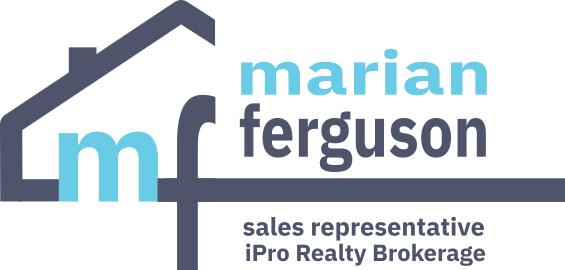Buyers are asked to choose between Mortgages that are closed or open, fixed or variable, long or short term. What does it all mean?
Open Mortgage
The borrower who has an open mortgage can pay off as much of the debt whenever he or she wishes without incurring any additional financial penalties. An open mortgage gives the borrower the opportunity to pay off the mortgage more quickly, thus saving a lot of money that would otherwise go to paying off interest. The open mortgage however, usually has a higher interest rate than the closed mortgage. An open mortgage may be a good idea for a borrower who can afford the higher interest rate and whose income is expected to increase thereby permitting him or her to pay off the mortgage early.
Closed Mortgage
A closed mortgage has a set term and fixed conditions. In some cases, the borrower can make pre-payments, however, a financial penalty may be charged. The advantage of the closed mortgage is that it usually has a lower interest rate than an open mortgage. A closed mortgage looks attractive when interest rates are rising. Furthermore, if the borrower’s income is static, he or she may like the security of guaranteeing the amount of the monthly mortgage payments.
Fixed Rate Mortgage
A fixed rate mortgage has a set interest rate for the term of the mortgage. The regular payment of the principal and the interest remains the same throughout the term. A fixed rate mortgage protects the borrower if interest rates rise, but if they fall, the borrower loses the opportunity to save some money.
Variable Rate Mortgage
A variable rate, or floating rate mortgage has an interest rate that rises and falls with market conditions. An open, variable rate mortgage gives the borrower the opportunity to make unlimited pre-payments, or lock into a fixed term if a low interest rate looks attractive. If interest rates rise dramatically, the borrower’s regular payment may not cover all of the interest owed on a monthly basis. In such instances, the unpaid interest is added to the borrower’s principal, and the borrower’s equity in his or her home is eroded. Interest rates should look reasonable for the foreseeable future for a borrower to seriously consider a variable rate option.
Short-Term Mortgage (1- or 2-Year Term)
A short-term mortgage is a home loan that is repaid within two years. A short-term mortgage has a lower interest rate than a long-term mortgage. A short-term mortgage is helpful if the borrower plans on selling the home in the near future and will no longer need a mortgage, or as much of one.
Long-Term Mortgage (> 2-Year Term)
A long-term mortgage is a home loan that is repaid over three or more years. In general, the longer the term of the mortgage, the higher the interest rate. A long-term mortgage offers the borrower affordability, and also the security of knowing exactly what the interest rate and payments will be for an extended period.
Bridge Financing
This is a special short-term loan a borrower may need to cover payments when the closing date on a new mortgage property precedes the closing date on a previous mortgage property. For a short term, the borrower may be responsible for payments on two properties.
